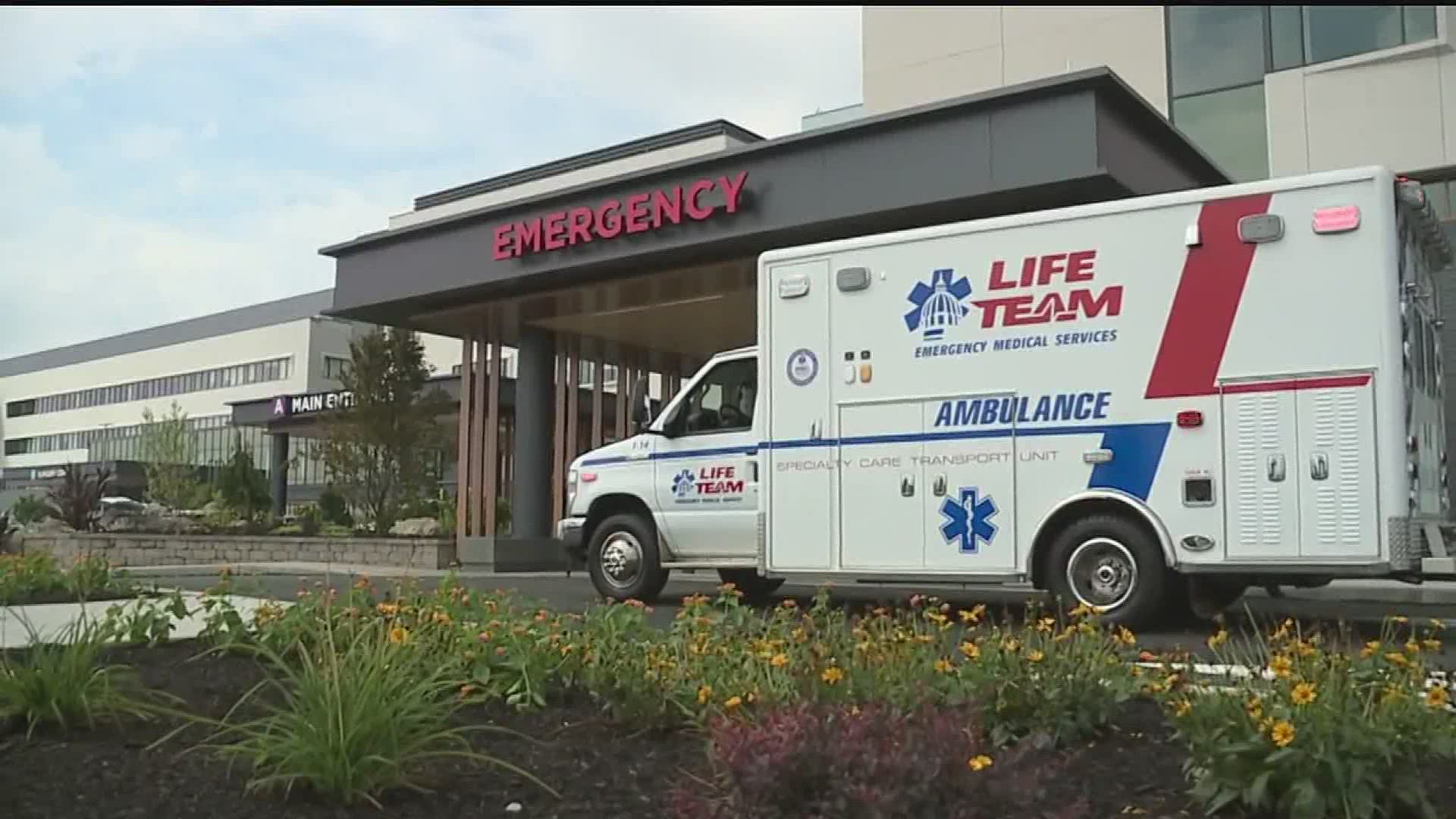HARRISBURG, Pa. —
As doctors work to save the most lives possible, they may soon need to choose which lives to save. The process of deciding who gets care first, called triage, received an update in Pennsylvania on Monday when the state Department of Health announced new guidelines on rationing care for COVID-19 patients.
"As we have seen in Italy and New York, the rapid spread of COVID-19 can quickly overwhelm the healthcare system,” Pennsylvania Secretary of Health Dr. Rachel Levine said in a press release.
The COVID-19 Interim Crisis Standards of Care uses a point system in which patients are given a number depending on their short-term and near-term prognoses, meaning how likely they are to survive the current illness, as well as the next year, and the next five years. The aim is to save lives and save life-years, according to the document.
Depending on their score, patients are assigned a color—red, orange or yellow—that decides their priority level in receiving treatment.
Certain people are given higher priority, including pregnant women and people who play a critical role in the COVID-19 response.
The new guidelines come a week after non-profit group Disability Rights Pennsylvania filed a complaint with the U.S. Department of Health and Human Services’ Office of Civil Rights (OCR) against the state’s previous triage protocols.
Those triage protocols de-prioritized treatment for people with pre-existing conditions, such as diabetes or congestive heart failure. Disability rights advocates argued many of the listed pre-existing conditions are associated with certain disabilities, and therefore the protocols target people with disabilities.
In an effort to “ensure that no one is denied care based on stereotypes, assessments of quality of life, or judgments about a person’s ‘worth’ based on the presence or absence of disabilities or other factors,” the new guidelines specifically do not deny care to specific groups of people, such as the elderly or those with disabilities.
However, Disability Rights Pennsylvania told FOX43 via email, “[The Department of Health] made some changes in response to the issues we raised in our OCR complaint, but we still have concerns about the guidelines, particularly the use of a 5-year life expectancy as a factor that weighs against a person receiving COVID-19 care.”
So far Pennsylvania has not had to use the triage guidelines. Approximately 60 percent of intensive care unit beds, 55 percent of hospital beds and 70 percent of ventilators are still available statewide, according to the Department of Health.
Hospitals in the eastern part of the state are treating the highest numbers of patients, Dr. Levine said.
“The hospitals there certainly have significantly more patients and are challenges, but there are no hospitals that are overwhelmed,” she said.
Central Pennsylvania hospitals are currently able to treat all patients coming in. Lancaster General Hospital reports 39 COVID-19 patients in inpatient care, eight of whom are on ventilators.
“We are aware it would be foolhardy for us not to at least prepare,” said Dr. Michael Ripchinski, chief clinical officer for Penn Medicine Lancaster General Health. “We are preparing for the worst and continue to hope for the best.”
The guidelines allow a triage committee, rather than front-line caregivers, to make decisions regarding priority of care.

